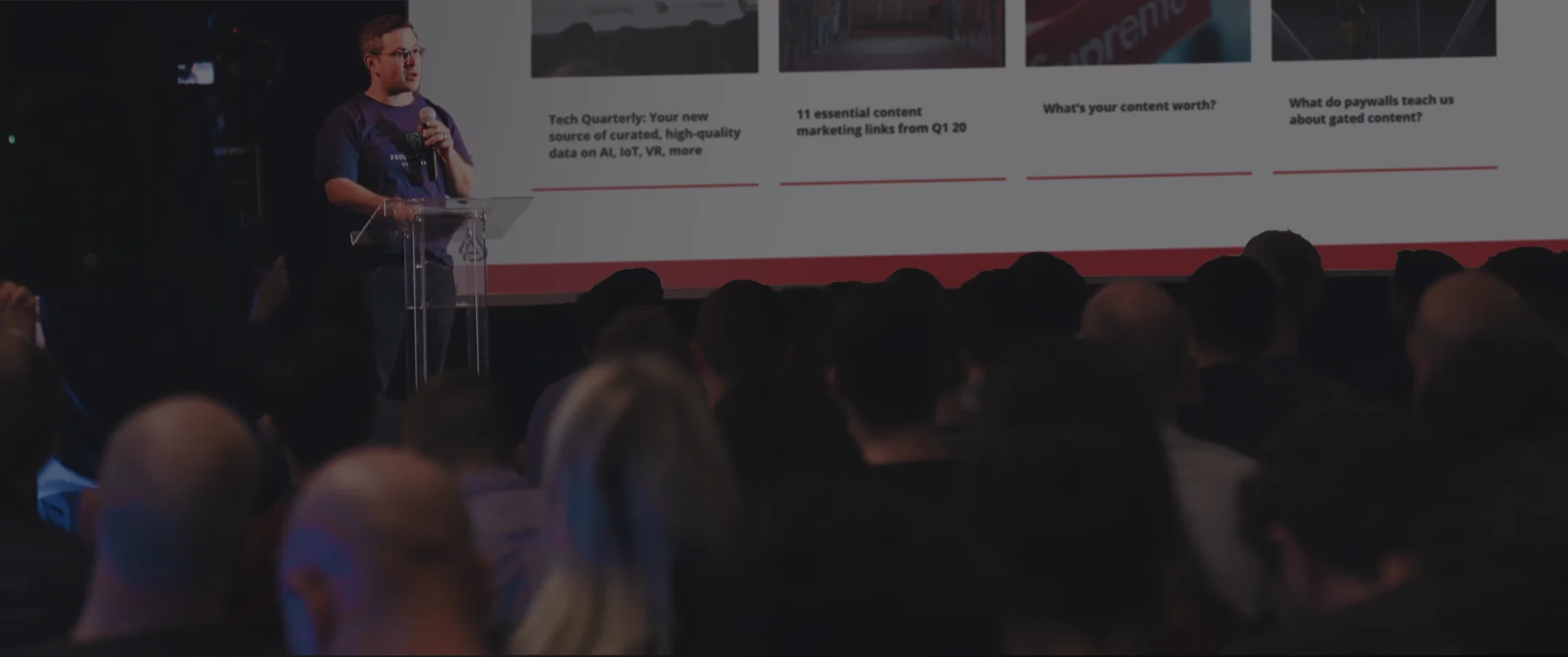The Columbia Journalism Review carried a good piece last week (good reader comments too) about ‘unpublishing’ requests that are coming in to media owners. I write unpublishing that way because it’s clearly a new word for a trend only possible with online content – though it’s a trend on the rise.
It’s not worth just repeating what that article said. You should read it. But this writer would like to speak from experience and explain two main areas where this stuff is important.
The first is where a perfectly valid article or quote causes trouble for a source who helped a writer at the time. This happens in the age of Google because people like clients, potential employers or colleagues come across the ‘offending’ contribution, even when it’s several years old. They are unlikely to get anywhere with Google (don’t go looking for a Freephone number) so they try the publisher.
About 10 years ago, on silicon.com, we ran a series of hard-hitting pieces about some questionable dealings in a particular industry. This writer can’t claim any credit for that work, which was all that good journalism should be. About three or four years later, when I was then editor of the publication, one of the main sources, who had on the record exposed and explained wrongdoing, got in touch with the writer of the pieces, a writer who had since moved on.
Our old friend and colleague then contacted us to say what his one-time source was asking for. The gist was that these stories were old news to us, barely searched for and found by current readers – but they were making employment very difficult for the whistle-blower.
My team and I felt for the source. We really did. But we had to make the call about whether to make changes. We decided it wasn’t the right thing to do.
It wasn’t as if we’d been left a play book on this type of thing. The most experienced of us were still only five or six years into digital publishing.
We understood then that, unlike with print, we could go back and edit. Mind you, it didn’t mean we should.
Still, requests to unpublish come in for all kinds of reasons. As more people try to manage their online persona(s) they realise that they can ask websites for changes, whether it’s the Guardian or a blog by a neighbour. Many people know the odds on getting something altered but figure there’s no harm in asking.
Some even think they own anything about them. (They quite possibly want to ban picture taking in public places too but that’s another post.)
The second area I want to cover is when requests to unpublish are tied up in litigation or would-be litigation. It could be a publication – or for that matter anyone’s website, Twitter account, Facebook wall etc. – is being sued for defamation. It could be they are told they will be sued if something isn’t pulled. Either way, it’s in a different league to the first dilemma above.
There are 100 different things to say about this but given the scenarios I just mentioned and assuming English law I’d draw attention to one point, a point many people publishing online often forget.
Sure, you should work out what the risk is around any piece of content. (Ideally before it’s run rather than when a complaint comes in – though of course sometimes complaints shed new context on copy.) But if you hold firm, remember what the statute of limitations is on a piece of content.
In print, a plaintiff gets a year from the date of publication to bring proceedings.
Online, those who might sue get a year after takedown. In effect, everything in a publisher’s archive, everything that is live online, even if it is 15 years old, counts as if it’s been published today.
If you were to get a complaint about a piece of content that was published way back when and you pulled it down 364 days ago, because you decided to play it safe, the aggrieved party would still have a day to sue you. (Two, if it’s been a leap year!)
There have even been cases when lawyers wait until towards the end of such a 12-month window to issue proceedings. Why rush – especially when a gap means on the defendant’s side reporters and editors critical in any defence might have moved on and documents might have been lost?
You have been warned. And remember – big, professional media companies get this wrong. What chance the non-professional publisher or bedroom blogger?
We will hear more about unpublishing. Though it might not always be called that.
–
Need to know about events? Buy Tony’s e-book, Everything In Moderation: How to chair, moderate and otherwise lead events, from Amazon.co.uk.








